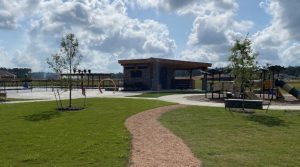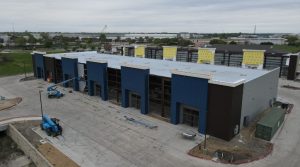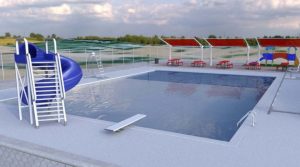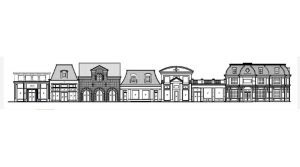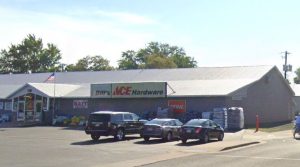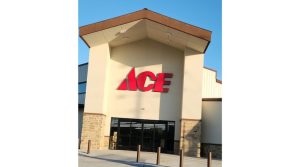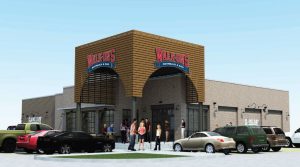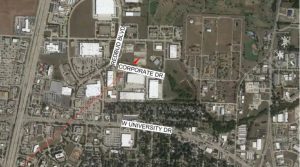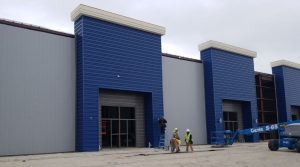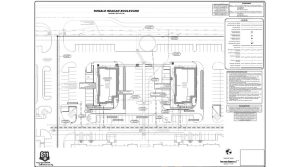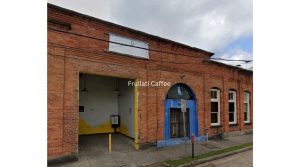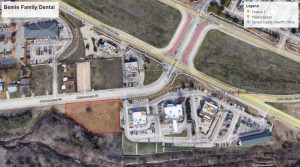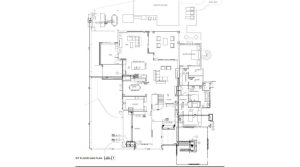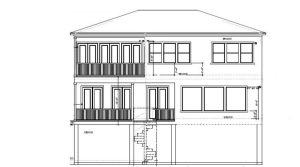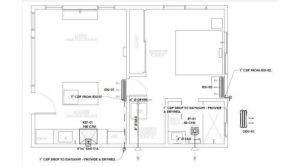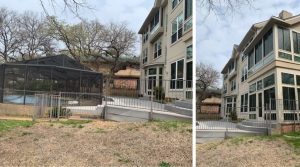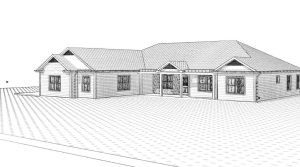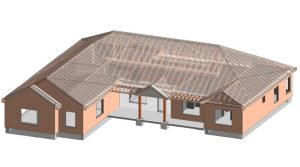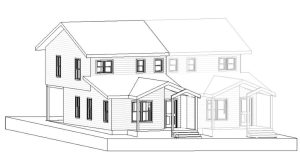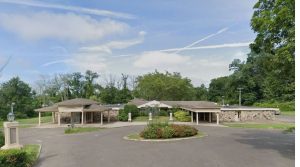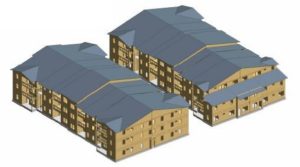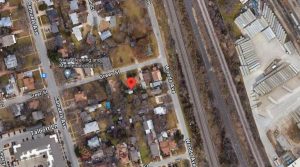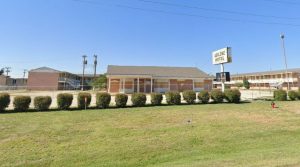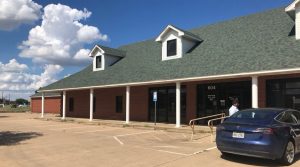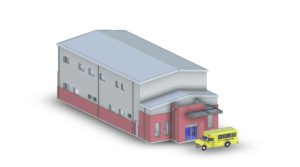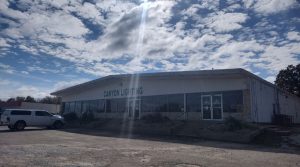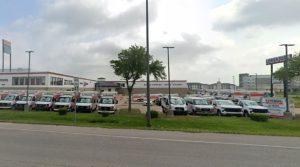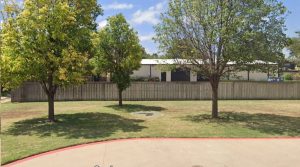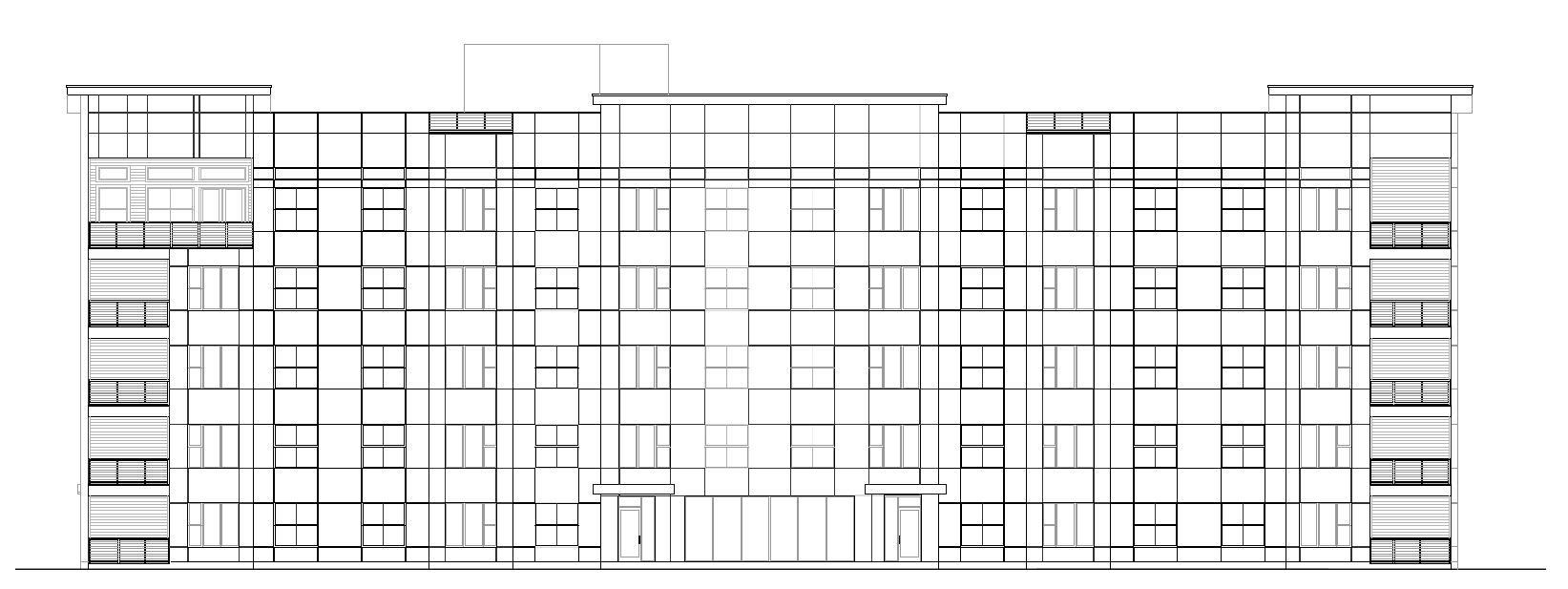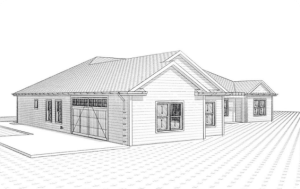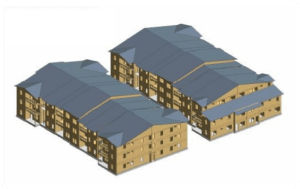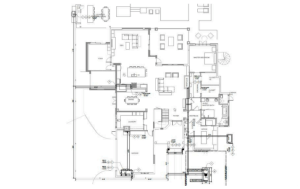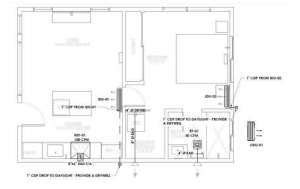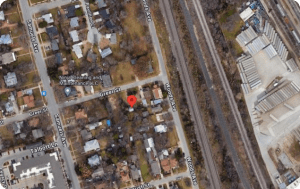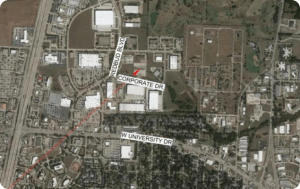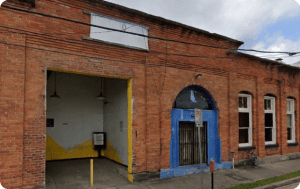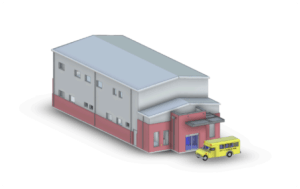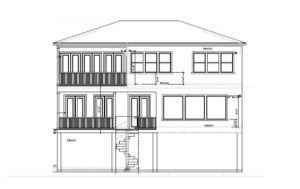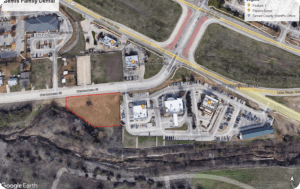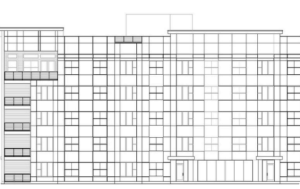The Impact of Seasonal Changes on MEP System Efficiency in Texas
Seasonal changes affect how buildings and their systems operate. One critical aspect impacted is The Impact of Seasonal Changes on MEP System Efficiency. MEP Design Engineering plays a key role in ensuring these systems adapt well to seasonal transitions. As the climate fluctuates, it becomes essential to understand how these systems work and the steps necessary to maintain peak efficiency year-round.
Understanding The Impact of Seasonal Changes on MEP System Efficiency
The efficiency of MEP systems is crucial for building performance and longevity. These systems manage heating, cooling, water supply, ventilation, and electrical functions. In Texas, where temperatures can vary significantly between seasons, MEP systems must adapt to maintain comfort and energy efficiency.
- Summer: Air conditioning systems face high demand due to extreme heat. Without proper maintenance or upgrades, these systems may consume excessive energy.
- Winter: Heating systems must handle increased demand during colder months. Poor insulation or outdated HVAC units can lead to inefficiencies and higher energy costs.
The Impact of Seasonal Changes on MEP System Efficiency During Winter
During winter, heating systems must be calibrated to handle the colder weather effectively. Poorly insulated buildings or outdated systems may experience heat loss, increasing energy consumption. Additionally, plumbing systems are at risk of freezing, which can cause significant damage if not properly managed. Regular inspections and upgrades by an MEP Engineering Company can mitigate these risks.
Summer Challenges for MEP System Efficiency in Texas
In summer, cooling demands increase dramatically due to high temperatures. Efficient air conditioning systems are essential to minimize energy use. Ventilation also becomes critical to manage humidity levels and prevent mold growth. Routine HVAC maintenance and a focus on energy-efficient designs ensure that buildings remain comfortable without excessive energy costs.
Key Factors Affecting MEP System Efficiency in Texas
Several factors influence the performance of MEP systems across Texas’s diverse climate:
- System Maintenance: Regular servicing ensures optimal performance.
- Building Insulation: Proper insulation reduces strain on HVAC systems.
- Energy Management: Smart thermostats and energy-efficient appliances help manage energy use effectively.
- Upgrades: Outdated systems should be replaced with modern, efficient alternatives.
Improving MEP System Efficiency During Seasonal Changes in Texas
To address seasonal challenges in Texas:
- Upgrade HVAC Systems: Invest in high-efficiency units suited for extreme heat or cold.
- Seal Leaks: Prevent heat loss or gain by ensuring airtight building envelopes.
- Adopt Smart Technologies: Use programmable thermostats and building management systems to optimize energy use.
- Consult Experts: Work with experienced MEP Engineering Consulting teams for tailored solutions.
Conclusion
In Texas, understanding the impact of seasonal changes on MEP system efficiency is essential for maintaining comfortable and cost-effective buildings. By proactively managing these systems—through regular maintenance, efficient design strategies, and modern technology—building owners can ensure resilience against the state’s challenging climate conditions. Partnering with an experienced MEP Engineering Company is a critical step toward achieving long-term efficiency and sustainability.


